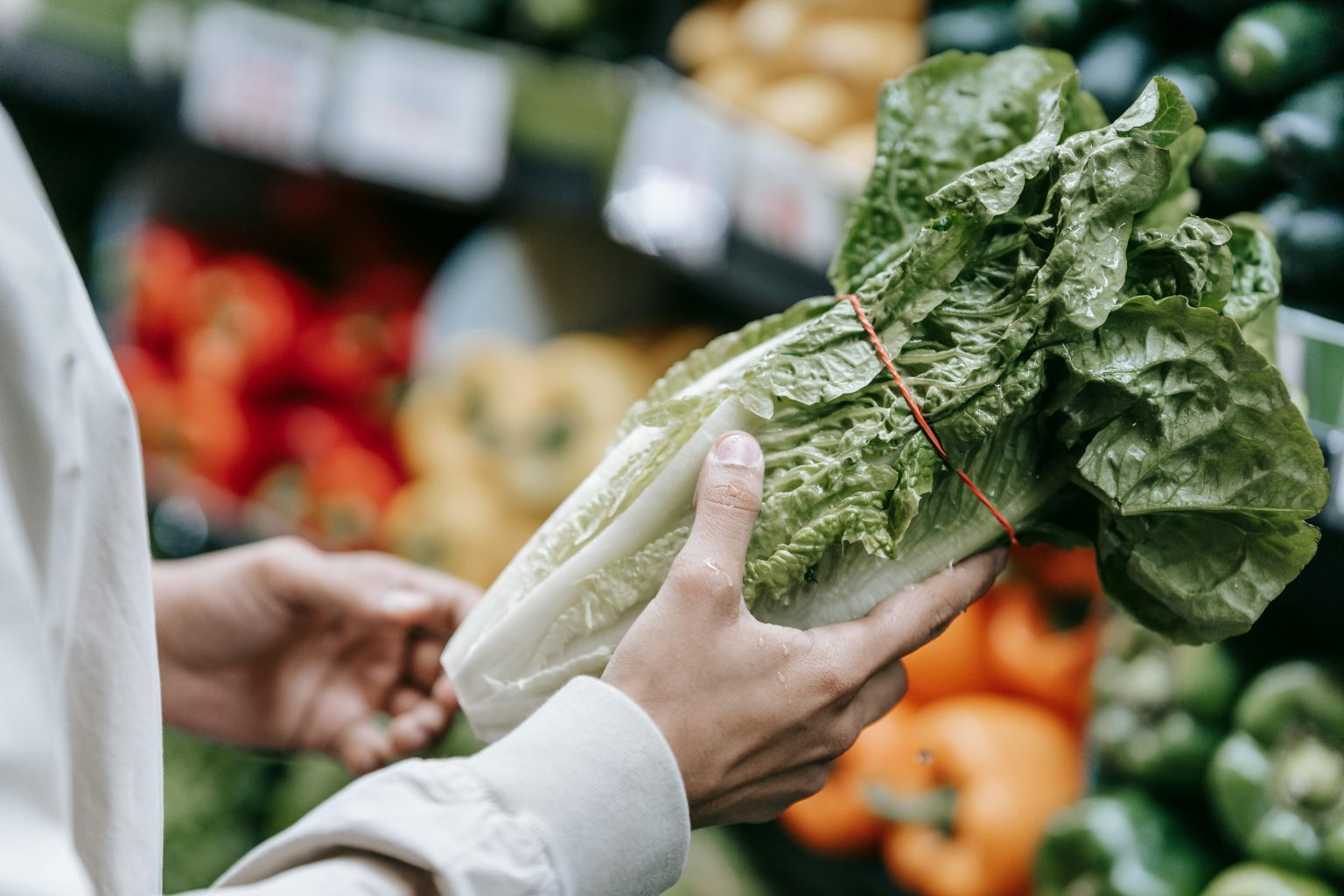The nation’s taste for organic food is on the up according to recent research by the Soil Association, the UK’s leading membership charity dedicated to sustainable, humane farming and safe, healthy produce.
The Soil Association’s 2016 Organic Market Report suggests that the market grew by nearly 5% last year and is now worth some £1.95bn. Indeed, UK shoppers spent an extra £1.73m per week on organic products last year compared with 2014, a trend which seen worldwide.
It’s the third consecutive year that the organic market has grown; increased sales of both organic groceries and organic health and beauty products (such as make-up) are jointly-responsible. Certainly, the rise in popularity of organic beauty products and, moreover, the increased availability and visibility of organic beauty products has significantly altered the shape of the market. The organic health and beauty market, alone, increased in value by 21.6% compared with 2014 and is now worth a whopping £54.2million.
To put the achievement of the organic market’s growth into perspective, the non-organic grocery market failed to grow at all during 2015 and, in fact, decreased in value by some 0.9% over the same boom period for organics.
The prominence of the “organic” label and increased awareness of the benefits amongst has doubtless contributed to growth of sector. And with increased demand comes increased pressure on retailers to stock organic goods. Thus, the fact that the sales of organic products increased for independent retailers (7.5%) and online retailers (9.1%), and the organic catering sector grew (15.2%) can, in part, be attributed to the rise in organic suppliers and retailers themselves.
It’s therefore unsurprising that the Soil Association’s Catering Mark has proven a popular channel through which to invest in organic amongst retailers; more that £9m was spent on products via the Catering Mark in 2015, an increase of 28.5%.
As for what’s driving the changing in consumer habits, the Soil Association credits the emergence of the ethically-aware and socially-conscious “millennial” market. Young people, the charity suggests, are keener to learn the origins of what they eat and the consequences of their food’s production. “These consumers are willing to pay more for products with quality assurance standards supporting the environment, society and animal welfare,” the Soil Association stresses.
The charity also highlighted the strength of the online retail sector, providing consumers greater choice, flexibility and convenience and thus making organic purchases that much easier.
According to Martin Sawyer, Chief Executive of Soil Association Certification, the Soil Association’s accreditation subsidiary arm, this year could well see the organic market break the £2bn mark. With such a positive growth prediction, retailers, caterers and restauranteurs should take heed of the cultural change and, if they haven’t already, think seriously about the lucrative market that organic is fast-becoming.
